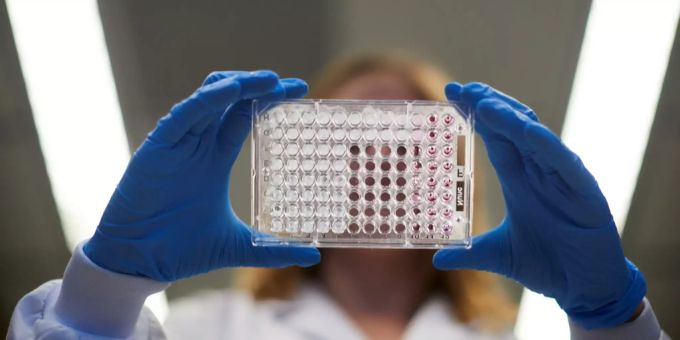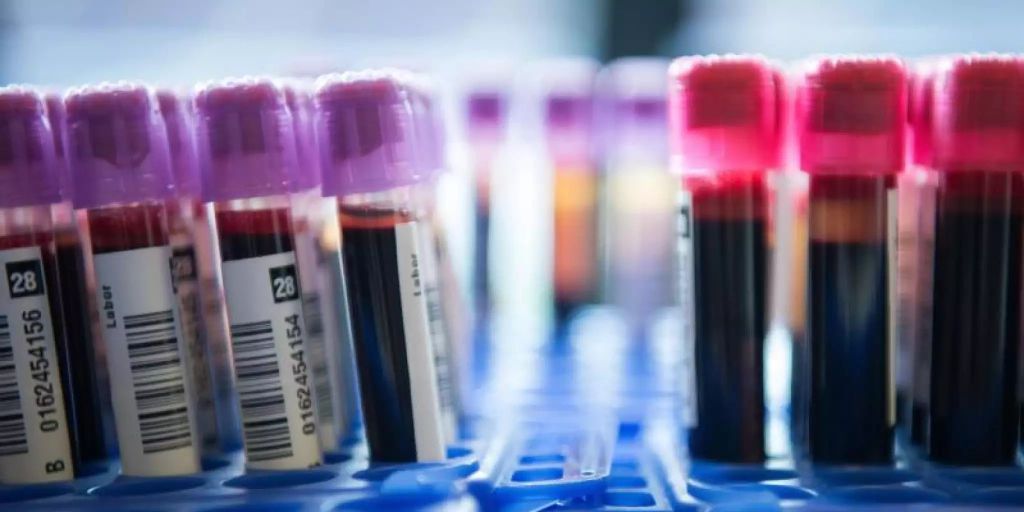A new study provides important results on blood test screening. Thanks to these, various types of cancer should be detected at an early stage.
A.D
the essentials in short
- Thanks to screening blood tests, cancer could be detected early.
- Other methods often detect the disease too late.
- The results of a new study are “an important first step” for such tests.
Apparently science has come closer to screening blood tests for various types of cancer. A study by Deb Schrag of the Memorial Sloan Kettering Cancer Center (New York) showed a relatively high sensitivity of this blood test for ctDNA fragments of malignant cells in the blood. “These results are an important first step for tests that can detect cancer very early on.
Genetic material from malignant cells must be found
They showed a good detection rate for people who actually had cancer (sensitivity) and excellent specificity (negative test – confirmed no cancer) for people without malignant disease. In people with a positive test, it took less than two months to confirm the diagnosis and a little longer to rule out cancer (…) », the scientist noted. The study was presented Sunday at the annual congress of the European Society of Medical Oncology (ESMO) in Paris.

The study (Pathfinder) included 6,621 subjects aged 50 and over who had not previously been diagnosed with cancer. The test kit aimed to detect circulating genetic material (ctDNA) in the blood from malignant cells of 50 different cancer diseases.
Scientists found a positive test and therefore a suspicion of cancer in 1.4%. This suspicion was confirmed in 38 percent of subjects with a positive blood test after doing additional conventional tests, such as imaging (CT, MRI), endoscopic examinations, etc.
Other methods often discover cancer too late
However, the specificity rate was extremely high. Of 6,290 subjects who did not have cancer, 99.1% tested negative for ctDNA from malignant cells. Deb Schrag: “An important finding was that few participants with a false positive test also required repeated invasive investigations such as endoscopy or tissue biopsies. This should allay fears that such tests could cause harm by triggering unnecessary additional diagnostic steps in healthy individuals. “
Such blood tests, which correspond to a liquid biopsy (liquid biopsy), could become particularly important in the screening of oncological diseases, which are otherwise often discovered too late with other methods (imaging, tissue biopsies, endoscopic examinations) and for which they exist There are still no screening methods in asymptomatic people: for example pancreatic carcinomas, carcinomas of the small intestine and stomach.
–
More on the topic:
studying cancer
–

